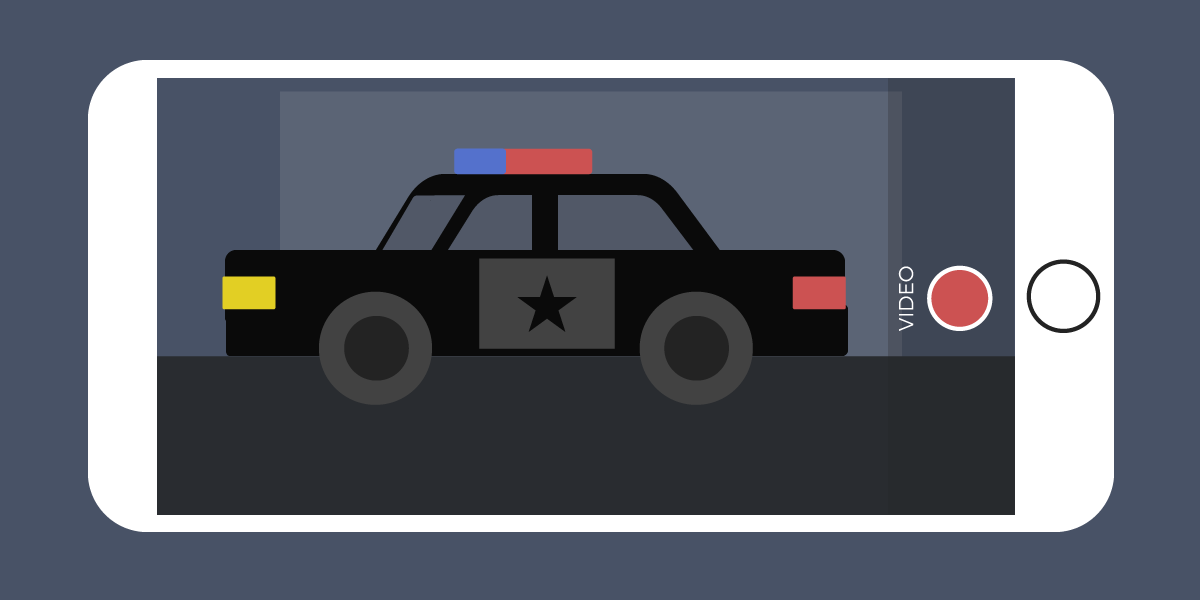The First Amendment protects the public’s right to use electronic devices to record on-duty police officers, EFF argued in an amicus brief filed in the U.S. Court of Appeals for the Tenth Circuit. The case, Frasier v. Evans, was brought by Levi Frasier against five Denver police officers for interfering with his First Amendment right to record them while arresting another man.
EFF’s amicus brief argues that people frequently use modern electronic devices to record and share photos and videos, especially on social media. These often include newsworthy recordings of fatal police shootings and other police misconduct. Such recordings facilitate police accountability and enhance the public discussion about police use of force and racial disparities in our criminal justice system.
The facts of this case demonstrate why protecting the right to record police officers is essential to local journalism and civilian oversight of police activity. Frasier recorded Denver police officers punching a suspect in the face to get drugs out of his mouth as his head repeatedly bounced off the pavement, and tripping his pregnant girlfriend. The police officers retaliated against Frasier by seizing his tablet without a warrant and apparently deleting the video. Frasier was able to retrieve the video by syncing his tablet with his backup cloud storage.
Frasier shared the video with a local television news station and on social media. The story was covered extensively, including by the Denver Post, which wrote an editorial. In response to the media coverage, the Denver Police Department revised its operations manual to prohibit punching a suspect to get drugs out of his mouth (Sec. 116.06(3)(b)), and to explicitly state that civilians have a right to record the police and that officers may not infringe on this right (Sec. 107.04(3)).
Additionally, the Colorado Legislature passed two statutes. The first created a statutory right for civilians to record police officers (Colo. Rev. Stat. § 16-3-311). The second created a civil cause of action against police officers who interfere with an individual’s lawful attempt to record an incident involving a police officer, or who destroy, damage, or seize a recording or recording device (Colo. Rev. Stat. § 13-21-128).
Six other federal appellate jurisdictions have upheld a First Amendment right to record on-duty police officers: the First, Third, Fifth, Seventh, Ninth, and Eleventh Circuits. EFF wrote amicus briefs in the Third Circuit case and in a similar case in the Northern District of Texas that focused on the First Amendment right to record emergency medical personnel and other first responders.










